I’m a bit late but back to hook up to the Worksheets Don’t Grow Dendrites Book Study and Strategy 4 is all about games.
I love that research supports what parents and teachers have known for so long.
Game play builds cooperative relationships, allows students to practice without pressure and teaches them how to follow rules and social norms, problem solving, develop strategies and . . . Let’s face it . . . It’s just FUN.
I know when my students are motivated and engaged, learning is enhanced dramatically.
In my own house, the boys always have a deck of cards or board game out.
While I love that Eric Jensen (Brain Research guru) confirms the importance of game play in brain development, my boys are the real experts that confirm for me that kids are engaged and learning during game play.
So why wouldn’t I want those same things for my students.
Sometimes, games are just for the sake of playing games. And other times they have a objective this being addressed.
Here’s just a few examples of how I use them in my own class, and I’ve added links to quite a few freebies that you can try in a few different versions. Try them out in your own class!
YATTA!!!
This is a game that was actually inspired my by boys. The concept is the same whether you are using it to solve equations . . .
. . . or practicing word work . . .

. . . or basic number recognition. A card is turned, a problem is solved, word read or number identified, and then students search the mat to find the answer. When they find it, they point to it and say YATTA! If they are the first to identify the answer and say ‘YATTA,’ then they win the card.
If you’d like to try a FREE version of this game in your own class, just click HERE!!!
JENGA
I couple of years ago I found these miniature sized Jenga block games at a store for $1.50 each. I bought every one they had. This particular one has nonsense words written on them, but I have them for letters, cvc words, addition and subtraction. Basically if there is a skill to be practiced, I have a Jenga game for it.
Hide and Seek Card Games
A simple concept of having one student hide a card (or cards) behind a picture, problem, number or word depending on the skill being practiced and having the other students guess where that card is located.
Students make their guess by identifying, in the picture here, two rhyming words, the student that hides the cards, removes the cards guessed to reveal whether or not the guess is correct.
I use this game for number recognition, tens and ones identification, sight word practice or whatever skill they need to practice.
I seldom have a word work or math station this game isn’t being used to practice one skill or another. You can try this game out with an Easter freebie HERE from a couple of years ago called Bashful Bunnies.
Spinner Games
If you know anything about my class, you know we use spinner games. While many people only think of ‘Bump’ as a game played with dice, if you add a spinner, you can give a total ELA twist.
Or add some equations and make ‘Bump’ a bit more challenging.
Spinner games that are played like the traditional ‘War’ game are another favorite for building math skills.
You can even play a ‘Four In A Row’ game with dotters and spinners for identifying tens and ones. (Who doesn’t love spinners AND dotters? They don’t even care who loses or wins!) If you’d like to try on a differentiated spinner game for size, just click HERE and HERE for a couple of freebies to wet your whistle.
Games With Fun Manipulatives
You can take any normal game up a notch and make it that much more engaging just by adding different and interesting manipulatives.
This isn’t your average BUMP game!!!! (Get the egg trays at Walmart and free playing cards to go with HERE!)
The picture is horrible, but the game is FUN!!!! Want to play a little Spider Bite? (There’s a free card version HERE!)
How about some place value practice? Easter Monsters Love to Race is differentiated so your students race to 30, 50 or 100 using tens and ones manipulatives and it’s FREE so click HERE.
Roll-Say-Keep
Students love it, because it’s fun. I like it because it’s so darn versatile. Practice words, shapes, numbers . . . or several skills all at one time.
And those are just a few fun way, I use games in my own class. The one question I always get about games is if students get bored having the same kinds of games. I can’t speak for everyone, but, especially in kindergarten, students like games that are familiar, fun and at ones they can be successful. Just by changing the skills from time to time or creating a new theme or using an interesting thematic manipulative, you can give a familiar game a brand new life. And the best part about using games that are familiar is that your students become very independent when they play them. They don’t need an adult to supervise or manage it. They can do it!
I hope you’ll take advantage of some of the free games I have included links for above. I can’t wait to read all the other posts about this great strategy. Remember to head over to Katie’s blog Queen Of The First Grade Jungle to see all the other great posts about this strategy.


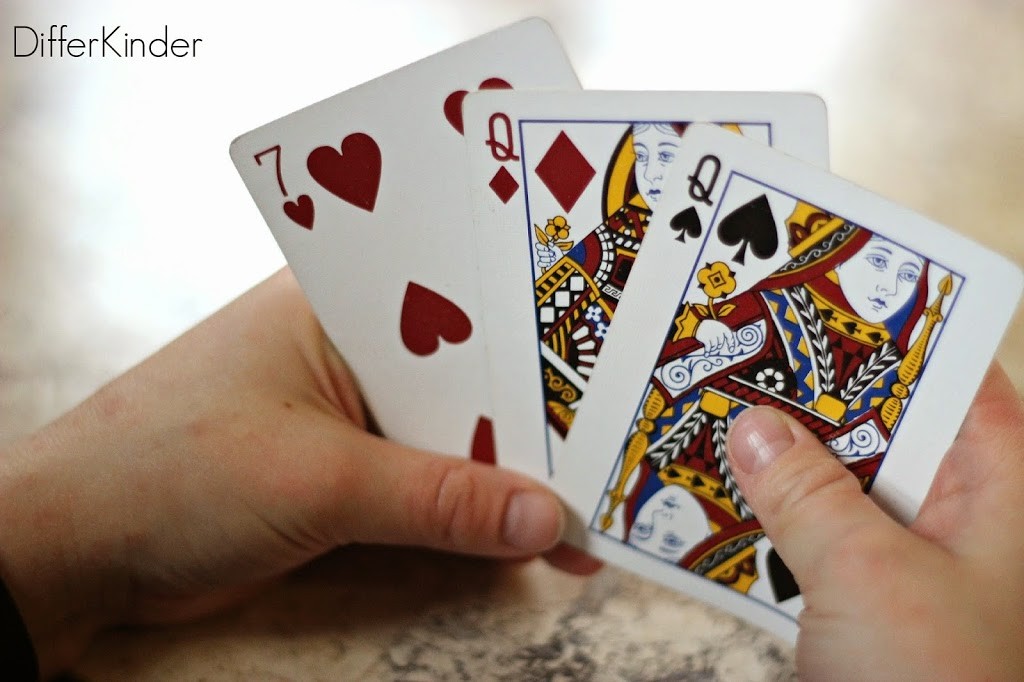
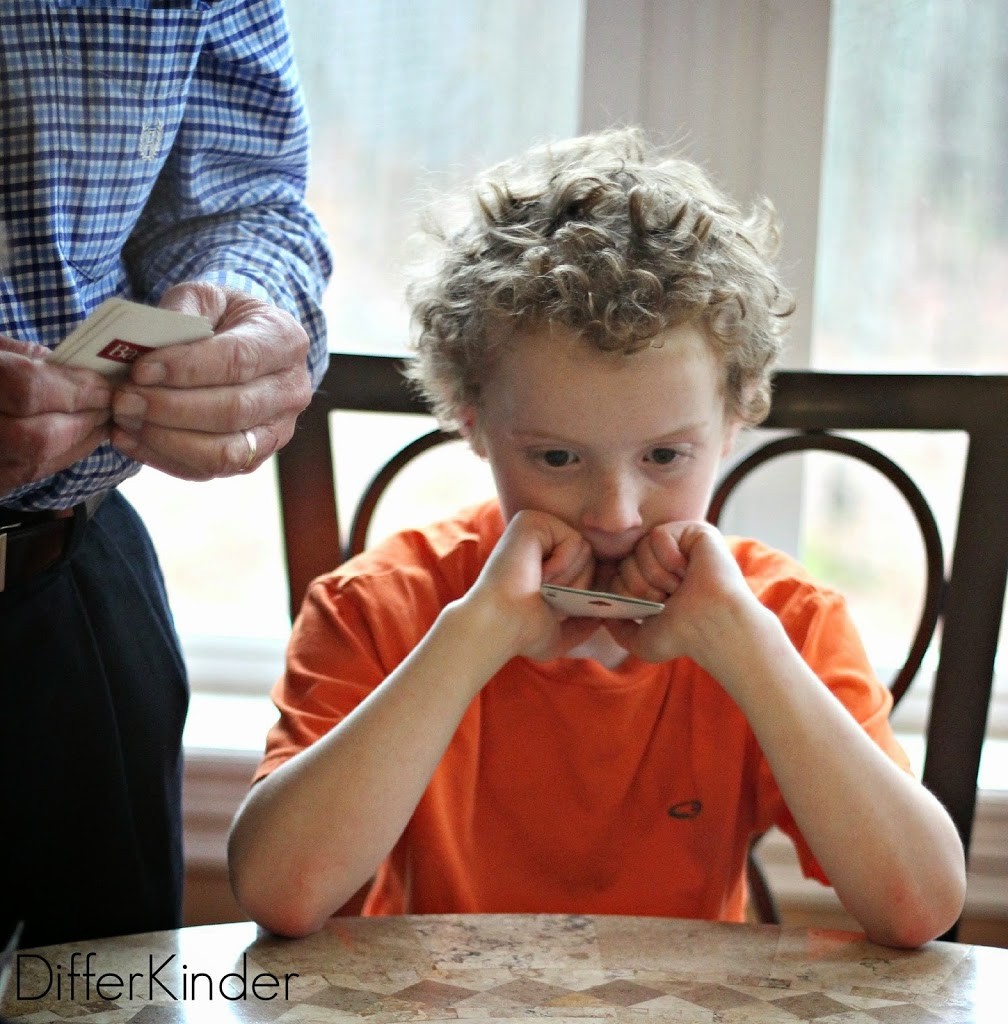

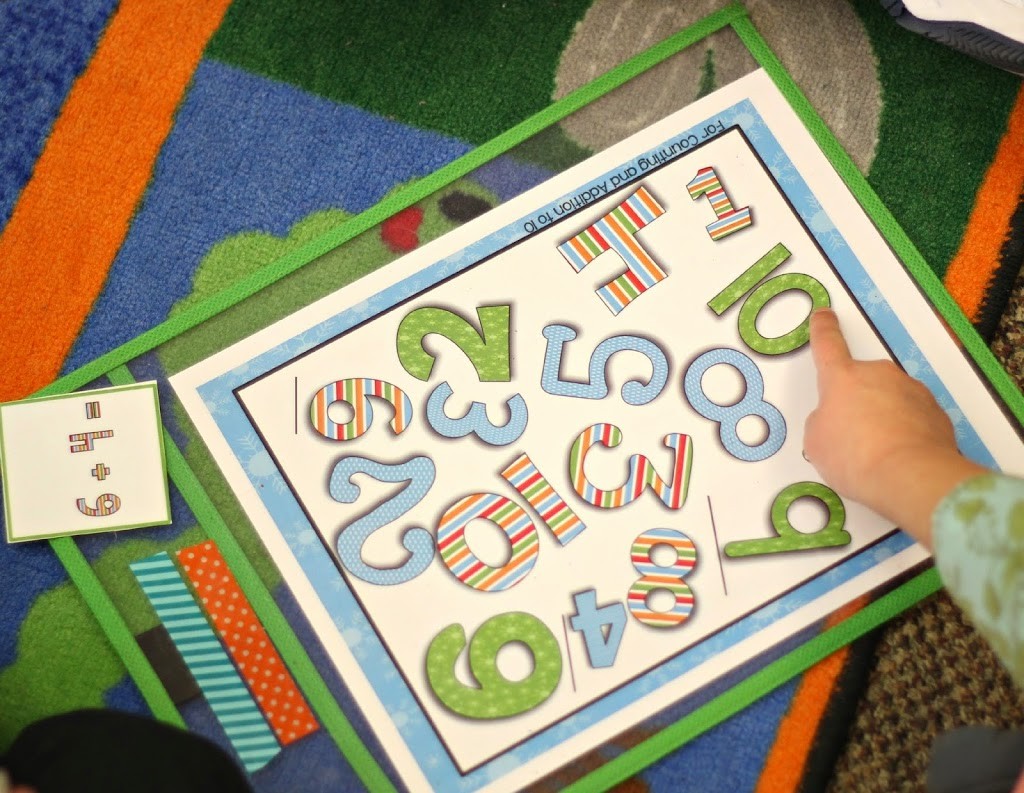
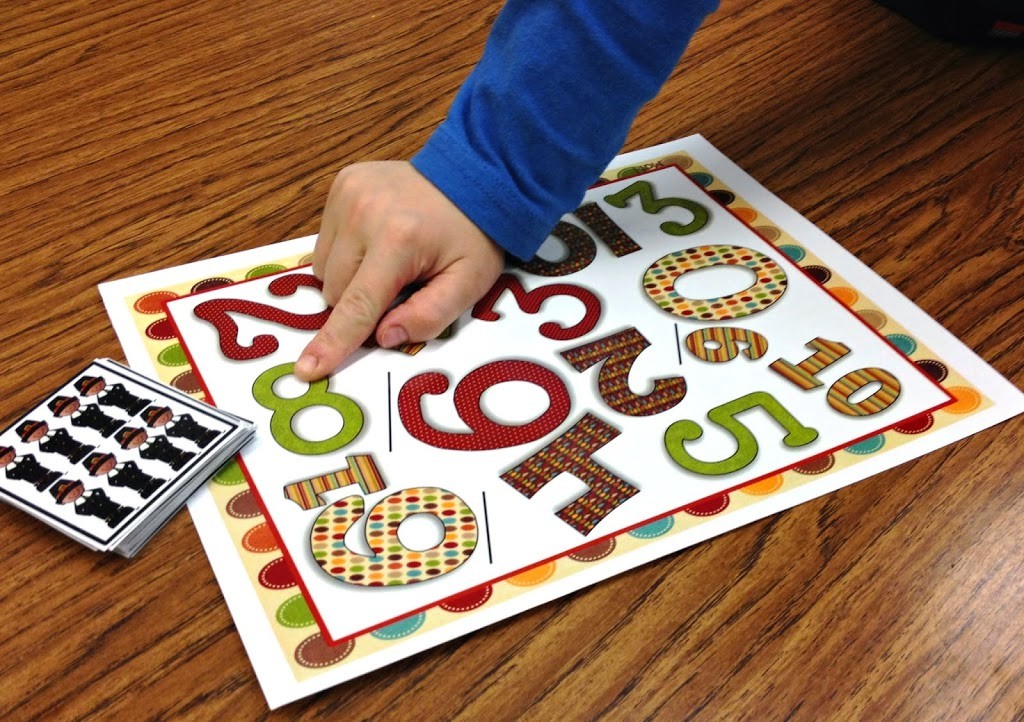
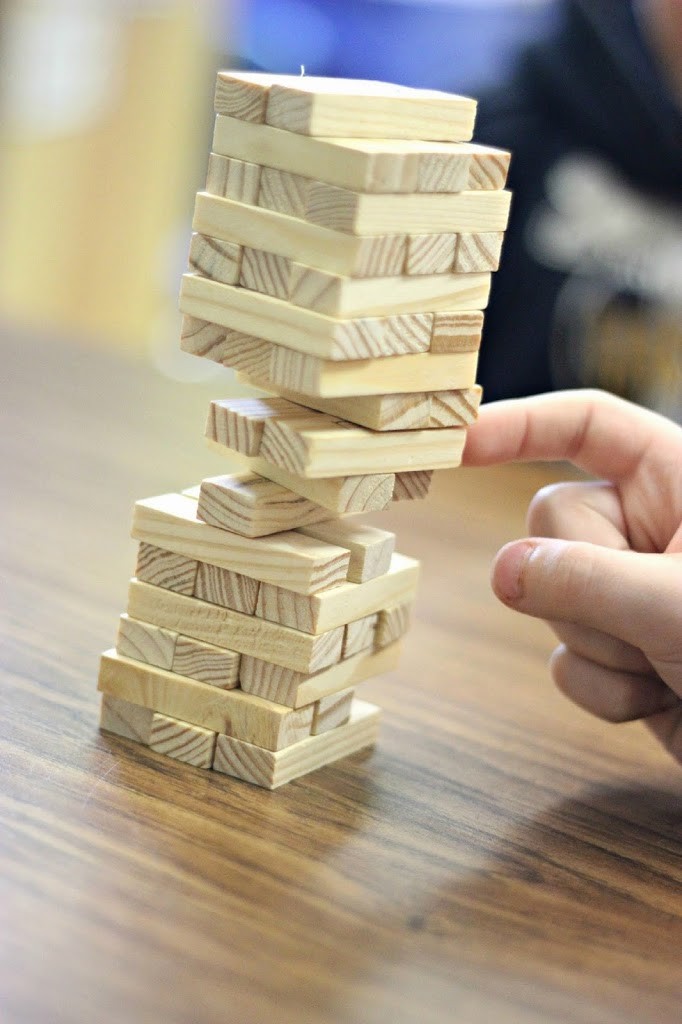


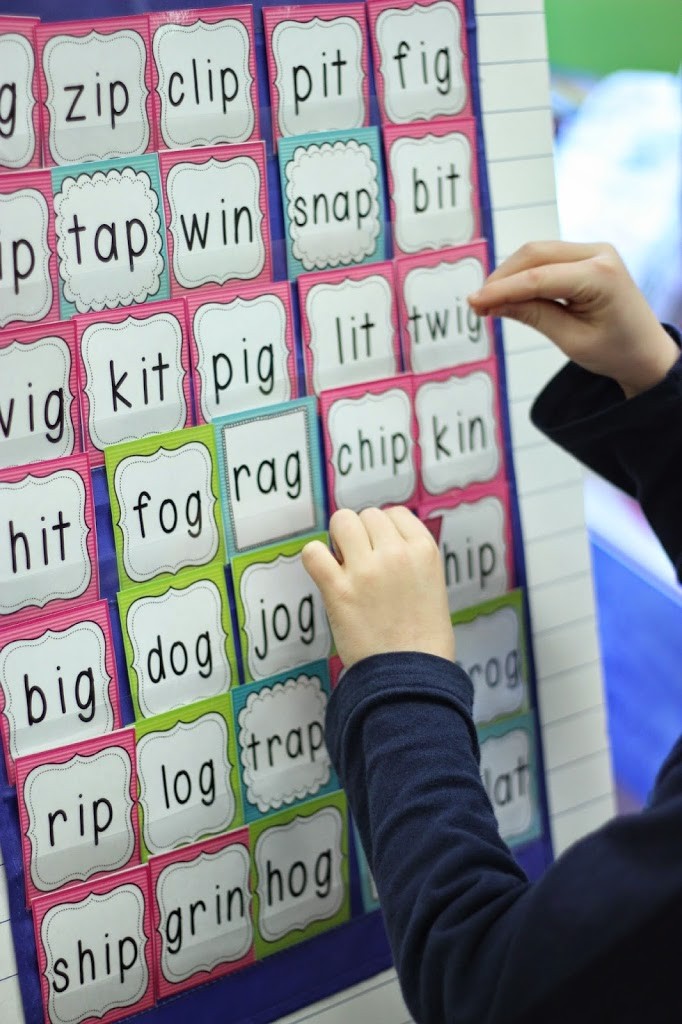
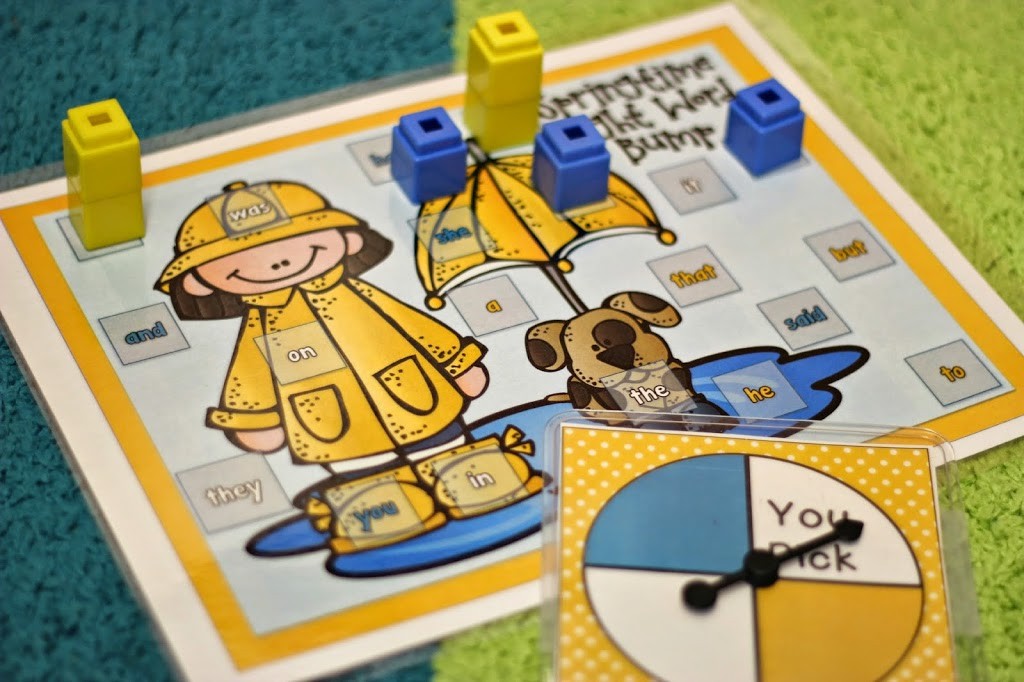
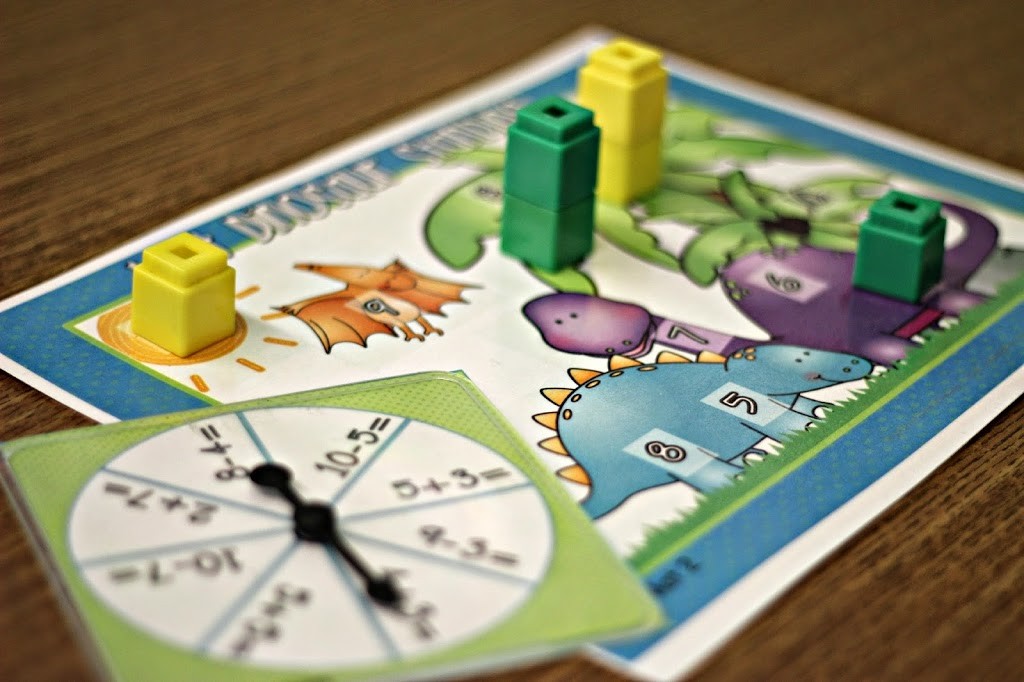




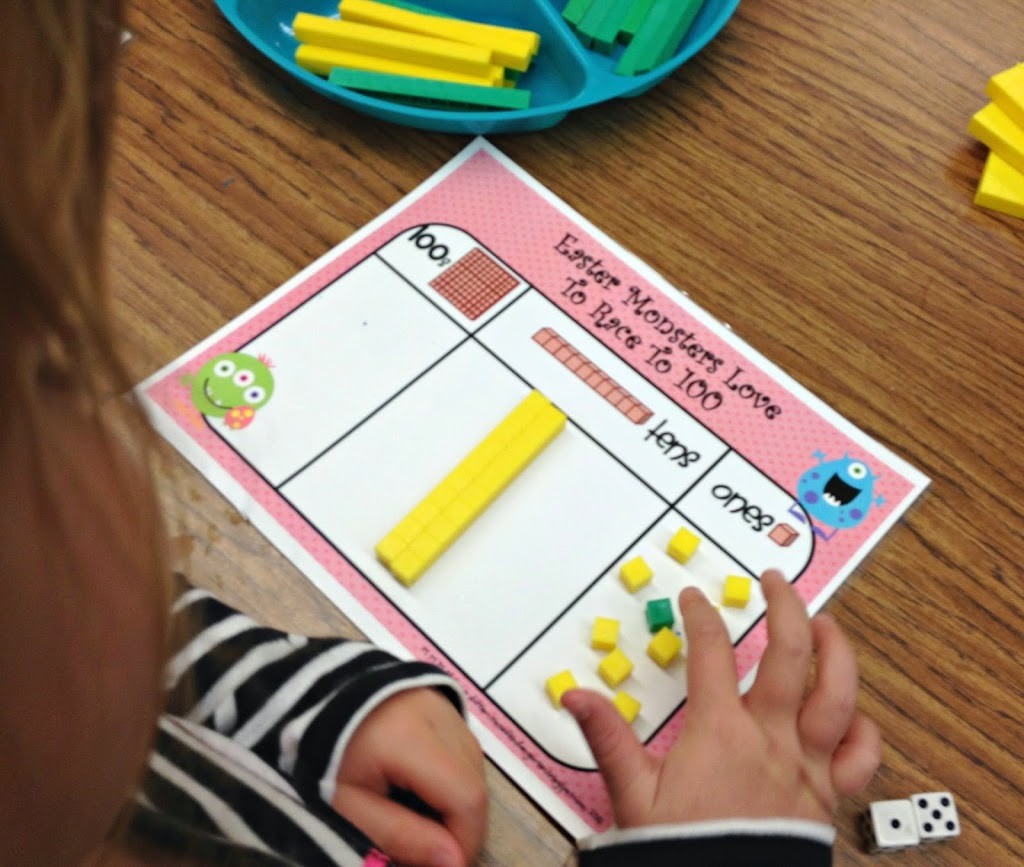



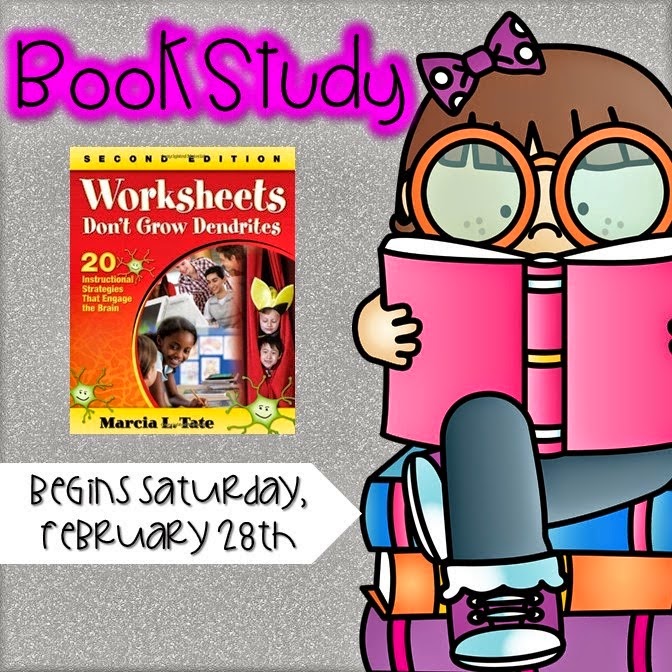
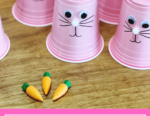
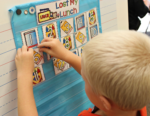
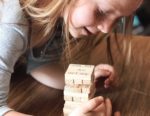
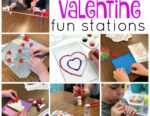


Awesome!!!! Thank you!
Thanks Maureen!
Wow! You have some great ideas for games!!! I’m behind on the book discussion, but I am bookmarking all of these posts for when I catch up. Thank you for the freebies and the ideas, looks like I know what my summer project is going to be!!
I love everything about this post! I play most all of these games too but the pictures were some great reminders for what to pull out in the next few weeks (and how to take some old ones up a notch!). Thank you! 🙂
P.S.- I’m a little jealous over those mini jengas!
First off, I absolutely love your blog! 2) Marcia Tate’s workshops are amazing! 3) Thank you for all of the information you post on your Daily 6 and how to incorporate it specifically for Kinders. Your blog has set me at ease with attempting to implement it for the first time (I have struggled with centers before so I bought the Daily 5 book and came across your blog which has made it much more clear!) 🙂 THANK YOU!!!
Oh I’m so glad I can help. Make sure you let me know if you have any questions.
Marsha